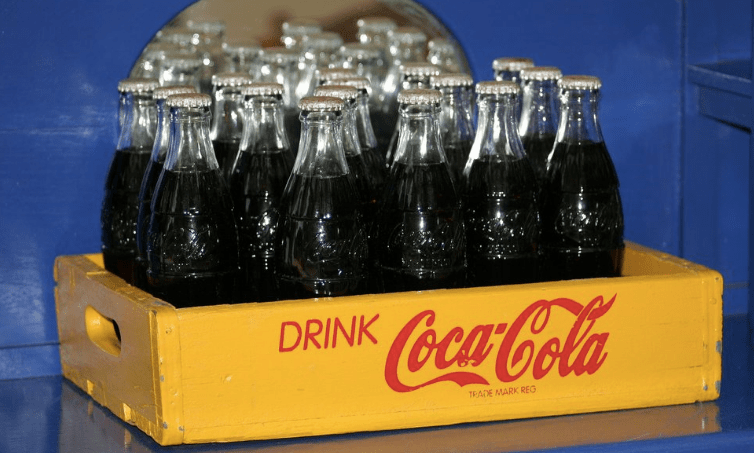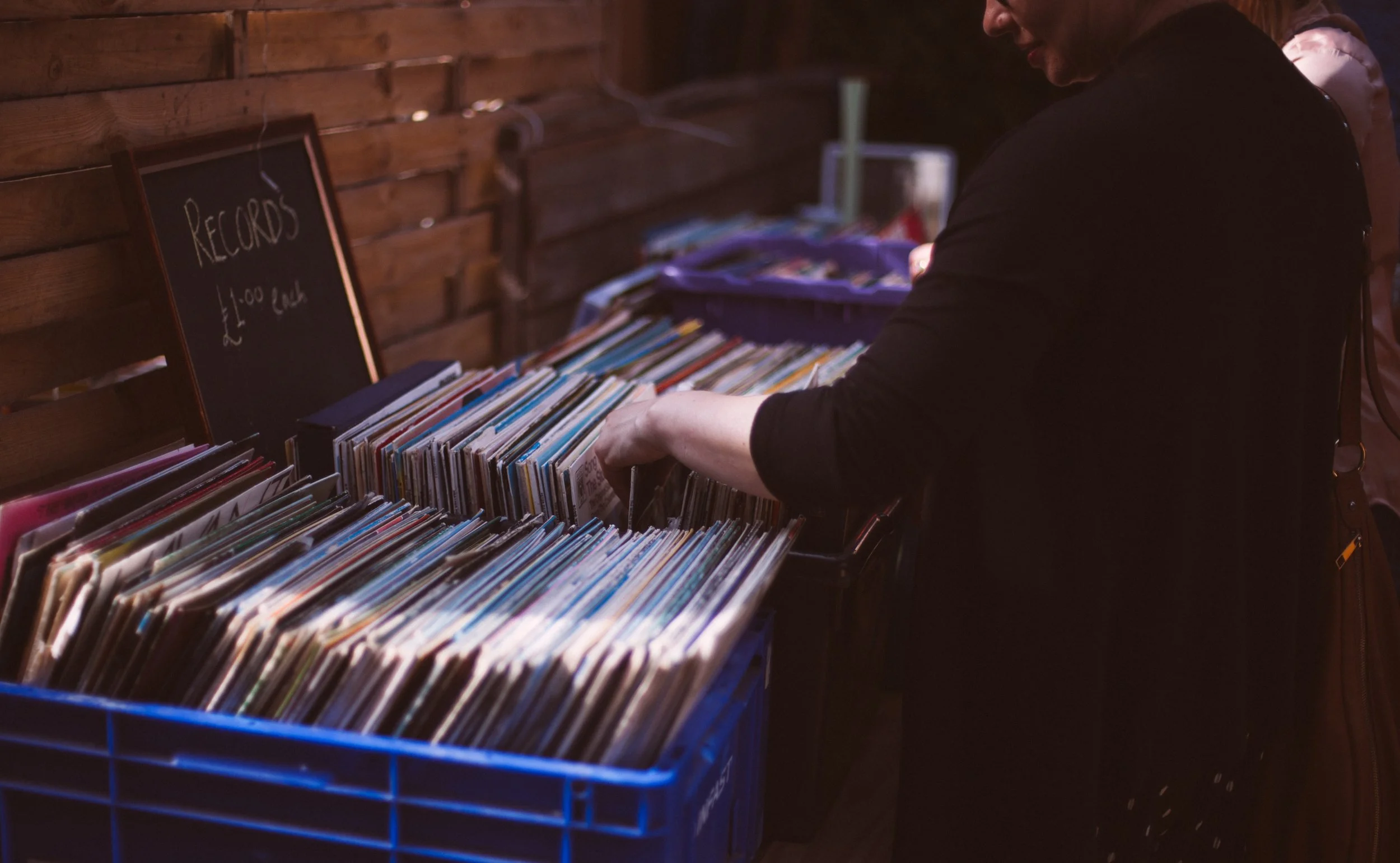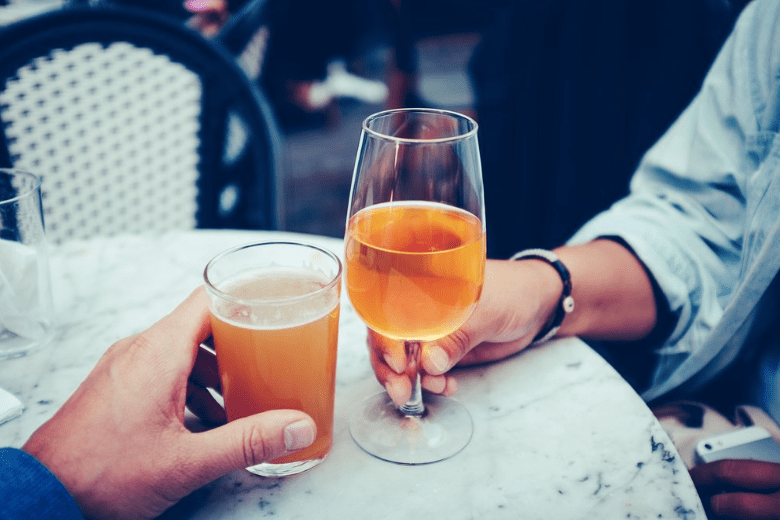Lessons From My First Business
When I was 12, my friend Tomer and I started our own business, which we ran for six years.
It taught us a lot about money, sales, and how to make people happy.
Here are some of the lessons that stuck with me:
Problems Prompt Ideas
“Every time you catch yourself bitching, you identify a market need” – Tong Yee
Our school had a pretty ordinary canteen.
It was open for recess and lunch, and locked for the other 95% of the day.
They charged a reasonable amount, selling soft drink, pies, chips, chocolate bars, the usual.
We were annoyed that we couldn’t buy snacks during the day, since we would have free time but the canteen was shut.
We also saw one of our friends bring in a box of Coke cans, and distribute them to a few friends. More kids came over, but he wanted to keep the rest for himself.
They offered to pay for a can – and within a few minutes he’d made back the cost of the box plus three cans left over for himself.
That’s what gave us our idea: What if we had a soft drink business that was open all day?
Cheap Experiments
Someone pointed out an old fridge that was out for Hard Rubbish collection, so we carried it to our homeroom and cleaned it up.
We bought a 30 can box of Pepsi for $10, and sold the whole thing in a day.
We recouped our initial “investment” and used the profits to buy another few boxes.
To avoid getting in trouble, we didn’t advertise, but people soon knew that if they gave us a dollar, they could take a can from the fridge, whenever they liked.
We ran with the honour system – just leave a dollar in the fridge or find us during the day.
As we only sold one product, and it was a round number, people were so stoked with the deal that they kept themselves honest.
Keep It Simple
The temptation was to start selling more types of products.
This faced two problems – we didn’t want to upset the existing canteen, and more importantly, the other products were crap value.
Cans are underrated.
They’re cheap, they last for over a year, you can buy them in bulk, and you can add value just by keeping them chilled.
Most places sell them for $2.50+, so our price of $1 looked like a bargain.
Chips are terrible.
You can’t buy them in bulk, they expire in 3 months and the margins are small.
Same for hot food – you might not sell everything you cook.
We could buy cans a few hundred at a time, then gradually sell them over the week.
Because we only had one product, it was easy to predict sales, and ensure we always had enough stock.
The Power Of Addiction
Pepsi is cheaper than Coke, but doesn’t have the same appeal.
We soon learned that even with slightly smaller margins, Coke earned more profit through increased sales, so we switched.
There are three great things about selling Coca Cola:
1. Caffeine
2. Sugar
3. It’s cheap
We were blessed with an addictive product, and one that was easy for teenagers to justify.
Most kids could afford $1, or could at least persuade their friends to cover them.
There was always demand for lemonade, but no one ever “needed” lemonade to function.
Coke was always the top seller, and was in demand year-round.
People don’t want lots of choices, they want two or three options and a fast transaction.
Alternative Models
We occasionally branched out into other products – when the price was right.
Coles are selling a 4-pack of Cornettos for $3?
Great, Cornettos are now sold for $2 each.
Cornettos go back to $5.50 a box?
No more Cornettos.
We stuck to what made margin, not what sounded fancy.
The one additional model I now realise we ran was a loan business.
Cans were $1 today, or $1.20 tomorrow.
I was reluctant, but Tomer talked me around.
He was excellent with people, and saw that this would make people happy – and boost our numbers.
It guaranteed a sale, and earned an extra 20%.
I guess we figured the risk of a default (or that we forgot about it) was less than 20%, and it felt like we were doing people a favour.
Win-Win.
The Chain Reaction
We worked out a vital principle that drives sales of products like Coke:
Out of sight, out of mind.
Our fridge, way down the back of the campus, might only make eight or nine sales a day if people are busy.
If we bring a tray of cans through the main hallways?
We can sell nine cans in two minutes.
It turns out, the trigger for wanting a Coke was to see person next to you drinking a Coke.
Better yet, if all of your friends are drinking a Coke, you don’t want to be the only one left empty handed.
Whenever we did a delivery, and we did so happily, it was never one can – one sale sparked two more.
Passive Income is Awesome
When you’re a kid who gets $6 a week in allowance, earning an extra $20 a week feels like a fortune.
More importantly, once we had momentum it was really easy work – no more than ten minutes per day.
The entrepreneurs dream is to earn money while they sleep.
Whilst we never earned huge amounts, having a passive income stream was fantastic, a great way of having both money and freedom.
Self-Evident
The two of us learnt a lot about business over the six years.
When I graduated, I went straight into a business degree at university.
It’s funny now having the “correct terminology” to describe what I saw play out at high school.
Business isn’t complicated, the principles unfold naturally.
It plays out all over the world, irrespective of language, geography or culture.
Business isn’t easy, but it can be predicted – a combination of economics and behavioural psychology.
That’s what my first business taught me, and those same factors apply to my work today.
If you’re a teenager, you should start your own micro business.
Pick a product/service that’s easy to set up, and have a go.
It’s low risk, high reward, and a lot of fun.
If you’re a teacher, please don’t block your students from developing their entrepreneurial muscles.
It may end up inspiring their career choices, and caffeinated students get better grades.
If you’re a dentist in the Melbourne area, you’re welcome.










